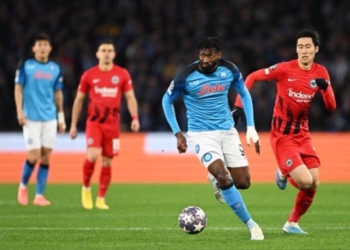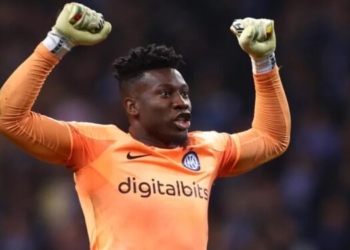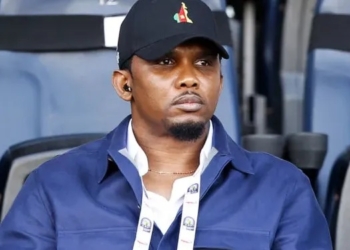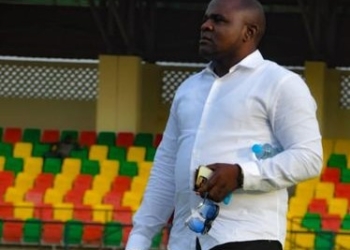Two coaches cannot be more diametrically opposed – in attributes and performance – as our last two expatriate coaches (sandwiched by Akono and Corfou of course). Supporters of Lechantre often used his on-field results to apologise for his scant resume, just as supporters of Schaefer use his « impressive » resume to apologize for his lack of success on the pitch.
These « supporters » of course are not opposing camps in a derby necessarily, but often people passing through various stages of adaptation to the realities on the ground.
But it is interesting how similar these two coaches are in their differences, and how different they are in their similarities. Take their work approach for example. Both coaches adopted a work strategy anchored on off-field relationships, and founded on the premise that their success depended less on game preparation than on networking within the football establishment. Lechantre made his bread and butter as a players advocate. He made the welfare of his players his number one priority. He took personal supervision of even mondane tasks such as travel itineraries for players, visa applications, family situations, and relationships with the players’ coaches. He took Foe out of his bitterness from being abandoned by Cameroon following his injury in the build-up for WC 98; he bailed Pensee Billong out of a Korean jail; he interceded for Tchoutang who was having trouble with his club, and he took up permanent residence in Cameroon, remaining there long after he was fired.
Schaeffer on the other hand choose to make himself the organization man. He quickly learned that heaping glory and honor on the president and the minister of sports always pays political dividends in Cameroon. He adopted a minimalist approach to things – change team make-up and tactical plan as little as possible – and count on the momentum he inherited to persist. Closeness to the players was secondary and closeness to the fans was tertiary. Extending his connections to Cameroon – Puma, the friendly against Germany scuttled only by both teams being drawn in the same group in WC02, and now revived, and most recently the Rexona pay day and the deal to rehabilitate our stadia. All gestures meant to smooth relationships at the top even at a time when the results on the pitch are not forthcoming.
Which brings the inexorable conclusion, which I must state as a self-evident truth, that all Cameroonians are justified in their entrenched belief that with our talent pool and fighting spirit all Cameroon requires of its national team coach to excel at least in Africa is the ability to create a good working environment – nevermind what wizardry and tactical genius the coach may have.
Having said that, let’s acknowledge that in Lechantre and Schaffer, we have seen two strategies to eke out success in a dysfunctional system. It remains to clarify that « success » must be defined differently for the two. For the former coach, success meant winning football games; for the latter success is holding on to a job. So sorry that these two paradigms have so far proven to be mutually exclusive – that winning games has not translated into coaching longevity, and that longevity (or the quest for it) does not appear to be winning us too many games. It is, I suppose, the ultimate predicament of a dysfunctional system.
Mbappe, http://www.camfoot.com/forums/index.php?showtopic=3335













